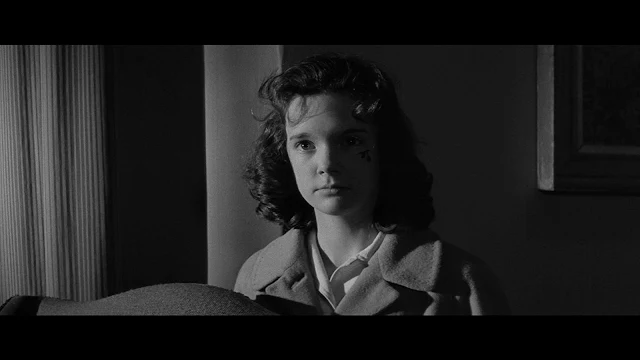 |
| Jamie Lee Curtis and Kevin Kline in A Fish Called Wanda |
By all rights, A Fish Called Wanda shouldn't have worked: It's a blend of comic acting styles, from Monty Python to Hollywood to Broadway, under the direction of a septuagenarian best known for his work on that comparatively restrained classic of British postwar comedy, The Lavender Hill Mob (1951). It's vulgar and silly and hardly sensitive to social concerns -- it was denounced by disability rights advocates for the laughs derived from the Michael Palin character's stutter. And yet it remains one of the most successful screen comedies in history. It won Kevin Kline an Oscar for his performance as the dopey Übermensch Otto, and covered John Cleese, Palin, and Jamie Lee Curtis with glory -- especially Cleese, who not only wrote the screenplay (from a story he concocted with director Charles Crichton) but also reportedly did much of the directing for which Crichton got the Oscar nomination. The secret to its success is that it takes nothing seriously, especially the British and American national identity, but is so light-hearted in its offenses that they amuse rather than offend. It's full of little in-jokes, like calling the character played by Tom Georgeson "George Thomason," and naming Cleese's character Archie Leach without nodding to the fact that it was Cary Grant's real name. (That one may even be a double in-joke, since Grant himself ad-libbed a line about Archie Leach in Howard Hawks's 1941 screwball classic His Girl Friday.) Maybe it falls a little flat at the end, with the frantic business at Heathrow, but it would be hard to top what has gone before.


















